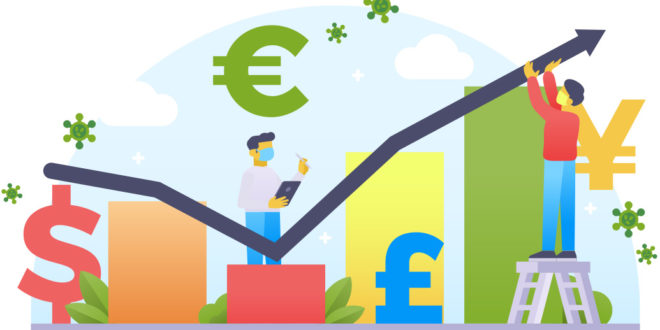Tags Artificial Intelligence Cryptocurrency Cybersecurity Digital Banking Events Payments Regulation
Around the World:
- Forbes magazine has introduced a new version of The World’s Best Banks of 2020. This new version is based on consumer ratings from a survey conducted by Statista.
- A recent study by Emerging Technologies has shown that financial institutions that embrace the use of artificial intelligence and other modern technologies increase their annual profits at a rate of 80% more than their competitors.
- Tech Nation and Dealroom for the Digital Economy Council are reporting that venture capital investors are not giving up on FinTech startups due to the COVID-19 crisis. As evidence, they point to FinTechs accounting for 39% of venture capital investments in London.
- JPMorgan, the largest bank in the United States, is planning to introduce a new technology for processing checks and issuing receipts to users. In short, the new technology will allow users (including legal entities) to take a picture of a check and have the transaction data of the check uploaded to the bank’s mobile app. This is expected to result in better expense tracking.
- Central bank digital currencies may help in the fight against the effects of COVID-19 given their high level of transparency and protection of user privacy.
Russia:
- Russia’s Ministry of Economy has criticized a bill that will prohibit the circulation of cryptocurrencies in Russia, stating that such prohibitions will only lead to the creation of a black market.
- Banking Review magazine has published an article on how financial institutions can digitize their individual approach to better service large corporate businesses.
- Former Tinkoff Bank top managers have launched the Vivid Money FinTech service in Germany. The service is a mobile wallet app that helps users better manage their personal finances from their smartphone. It is expected that Vivid Money will directly compete with Revolut.
Ukraine:
- Ukrainian IT company Edenlab has been tapped to develop digital banking solutions for the Austrian banking group Raiffeisen Bank International.
- The chief technical officer of research and development for the FinTech company Wirex discusses his expectations for how the COVID-19 crisis will impact the FinTech market.
Belarus:
- Google has declined to launch Google Pay in Belarus amid concerns from local financial institutions regarding direct competition with the tech giant.
- The number of contactless payments using smartphones has increased by 78% year-on-year. The most common use of contactless payments is at supermarkets, for public transport and in cafes.
Uzbekistan:
- The Central Bank of Uzbekistan has launched a Telegram bot to allow users to more easily find ATMs. The Central Bank plans on continually updating the database.
- A new Uzcard initiative now allows residents of Uzbekistan to withdraw United States dollars and replenish card accounts using foreign currencies at ATMs.
Kazakhstan:
- Parliament has prepared a bill allowing individual entrepreneurs and legal entities to use electronic wallets for settlements. The bill also contains rules aimed to increase the efficiency of anti-money laundering efforts as well as rules to reduce the withdrawal of capital from the country and to counteract the shadow economy.
Armenia:
- ACBA-Credit Agricole Bank has developed an online electronic document signing system that will allow consumers to conclude credit agreements remotely.
Azerbaijan:
- VISA and the Central Bank have launched the two-month Pay with a Mobile Application with Visa campaign to help popularize mobile payments and increase the number of tokenized transactions in the country.
- National postal operator Azerpoçt has begun cooperation with the International Finance Corporation (IFC) for the purpose of digitizing financial services. This cooperation is expected to result in increased access to payment and banking services for those living in rural areas.
 BFC Bulletins Monthly News Digest
BFC Bulletins Monthly News Digest




